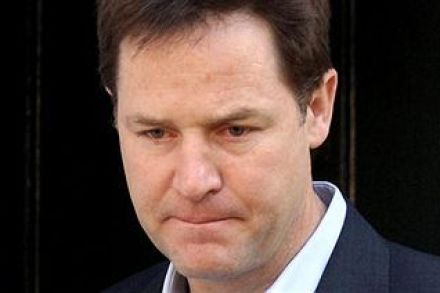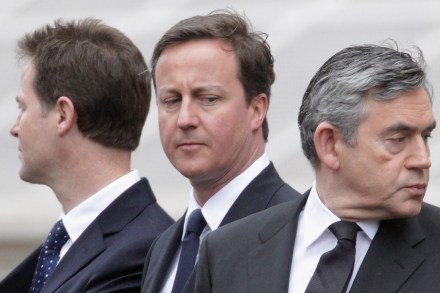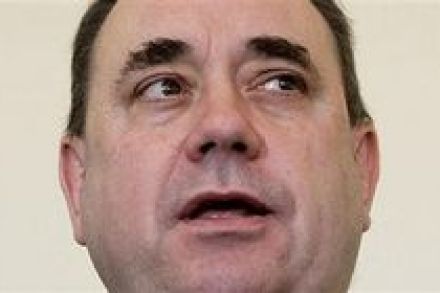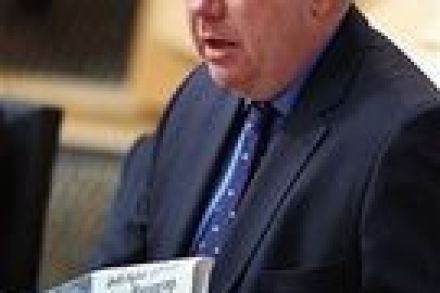Bercow remains Speaker, as Parliament reconvenes
David Cameron sat alongside Nick Clegg on the government benches, with Harriet Harman two sword-lengths away as leader of the Opposition. Even though the coalition has been around for a week now, it took the images from the Commons this afternoon to bring home just how extraordinary recent politics has been. I mean, even the SNP’s Angus Robertson got to make a speech now that the Lib Dems aren’t a party of opposition. This, plainly, is going to take some getting used to. They were all witness, today, to the re-election of John Bercow as Speaker. In the end, it was easy for the Buckingham MP, as the “ayes” heavily








